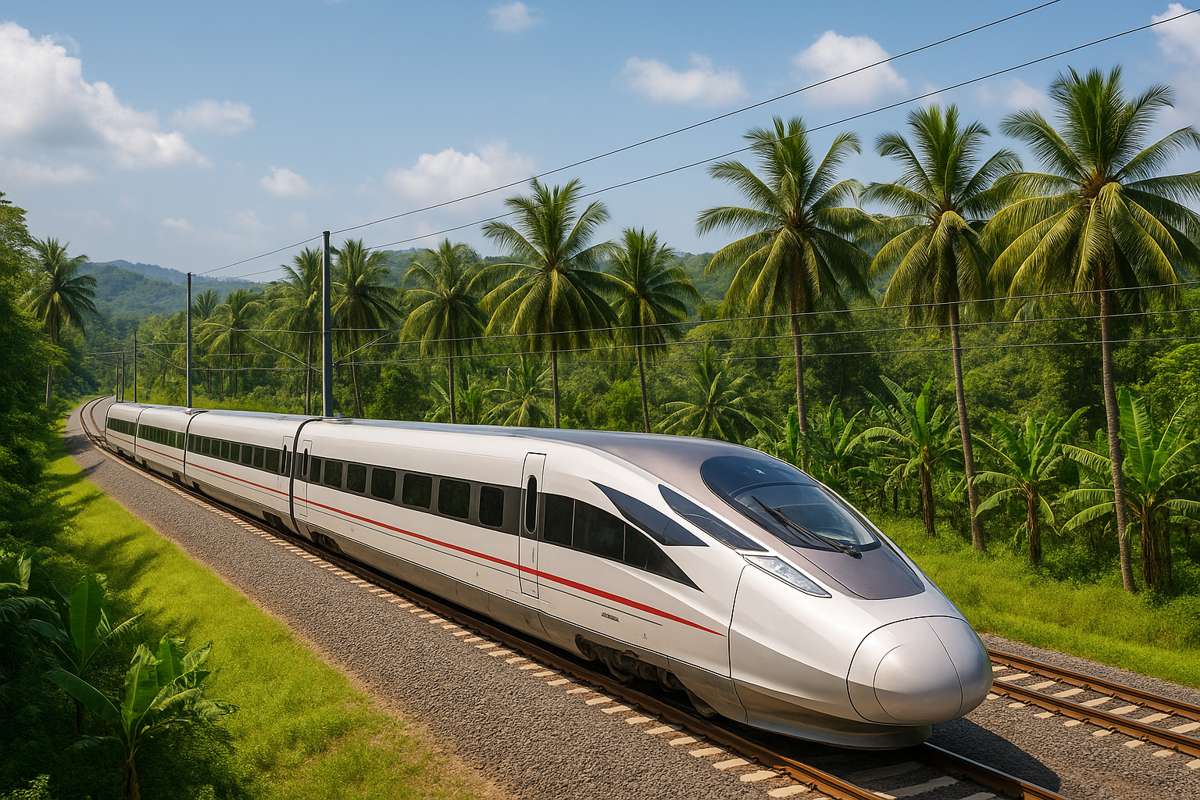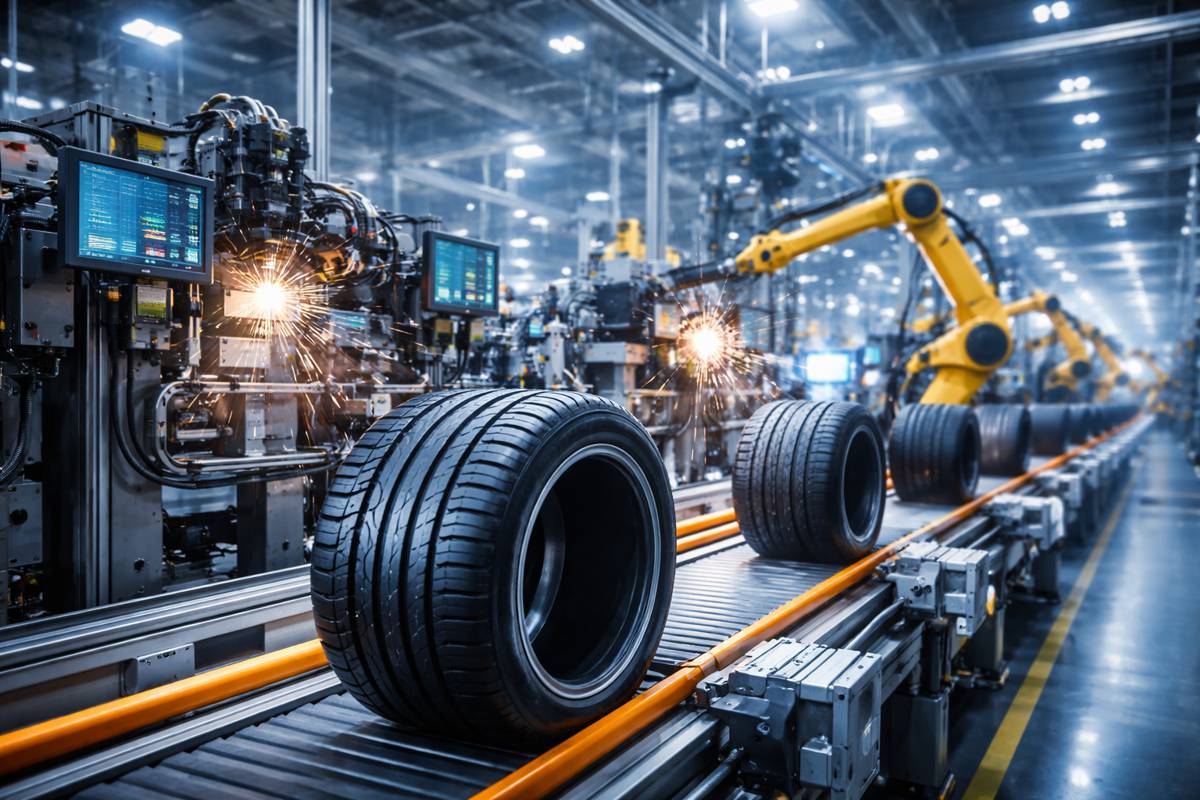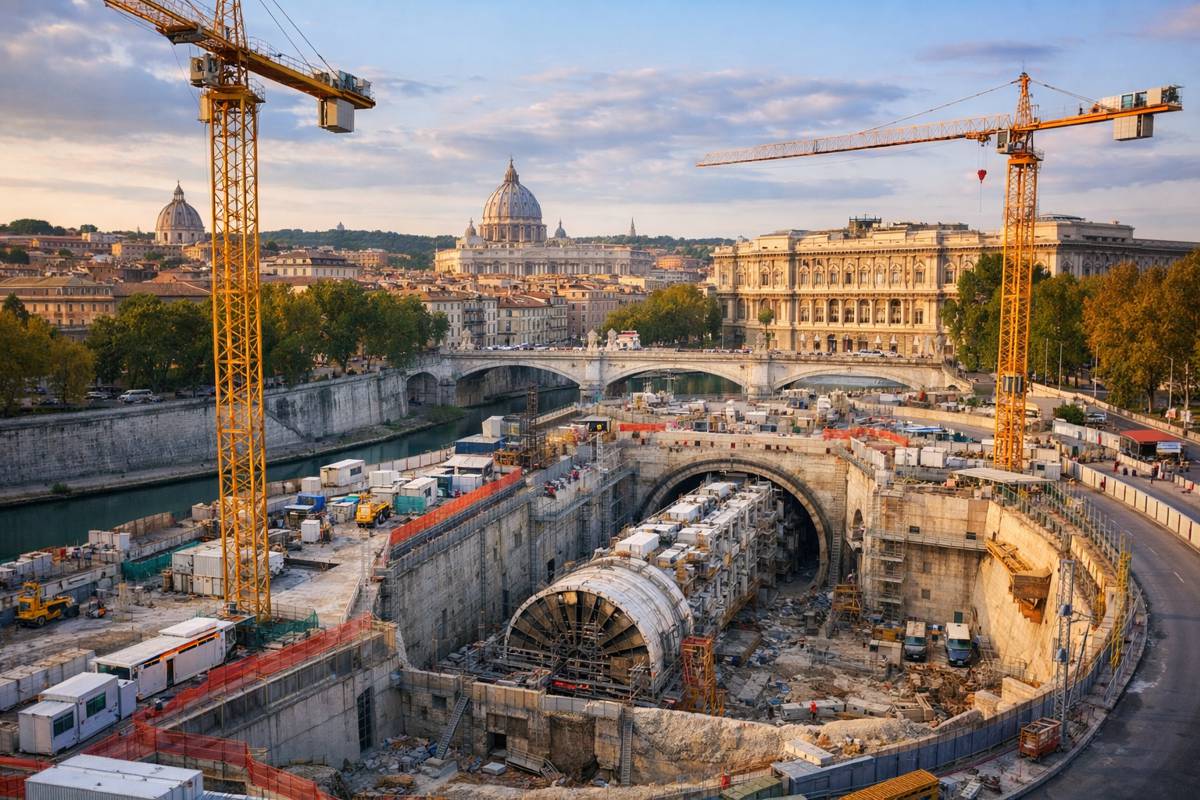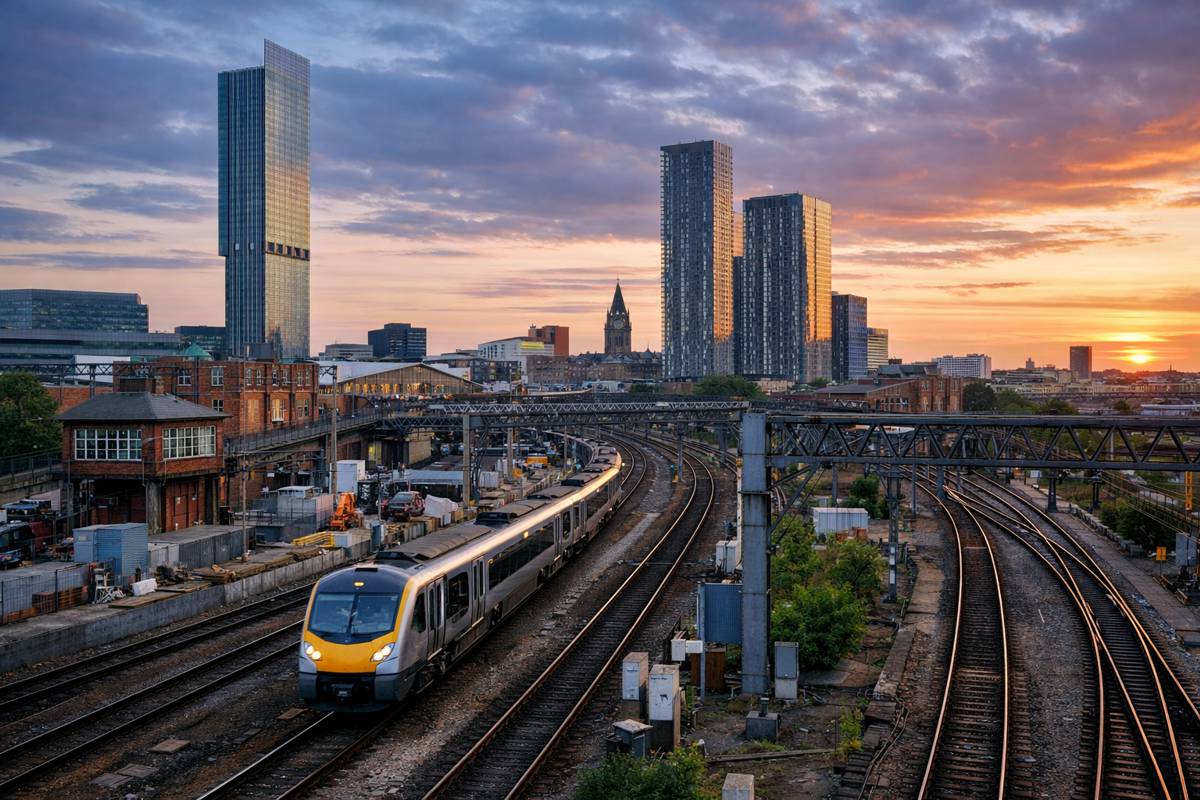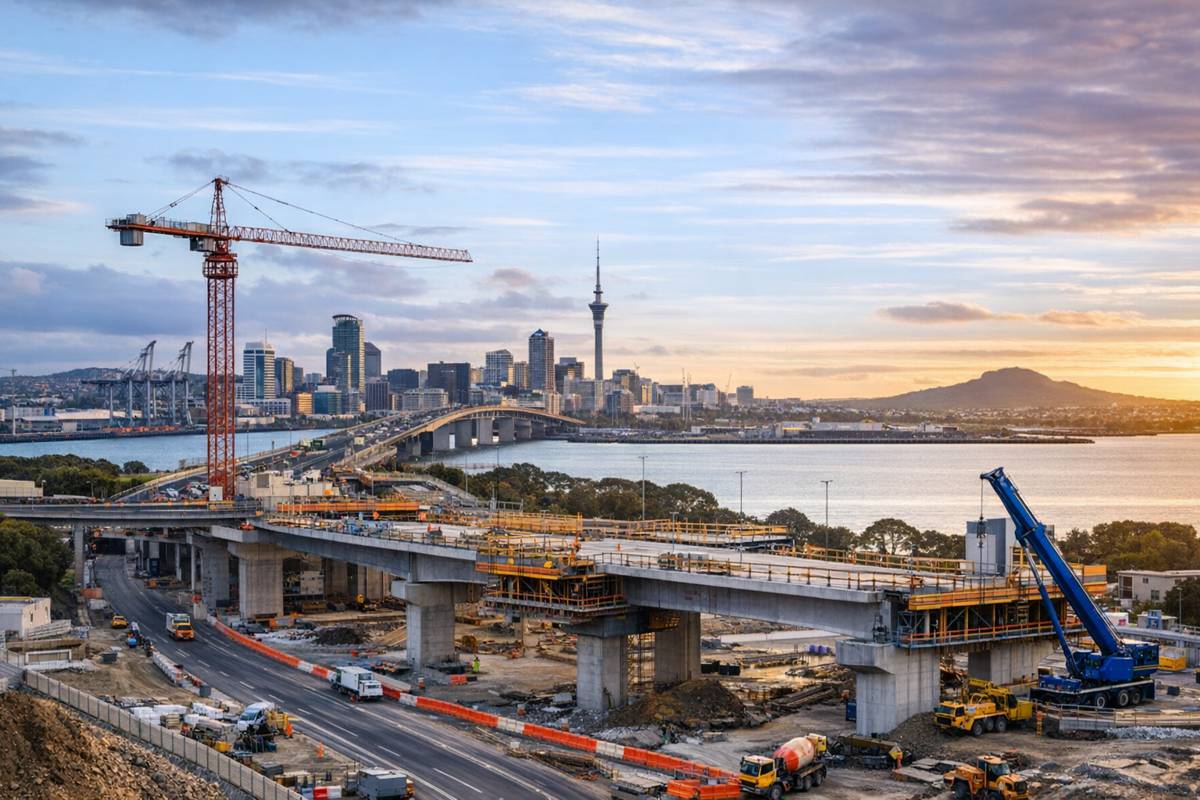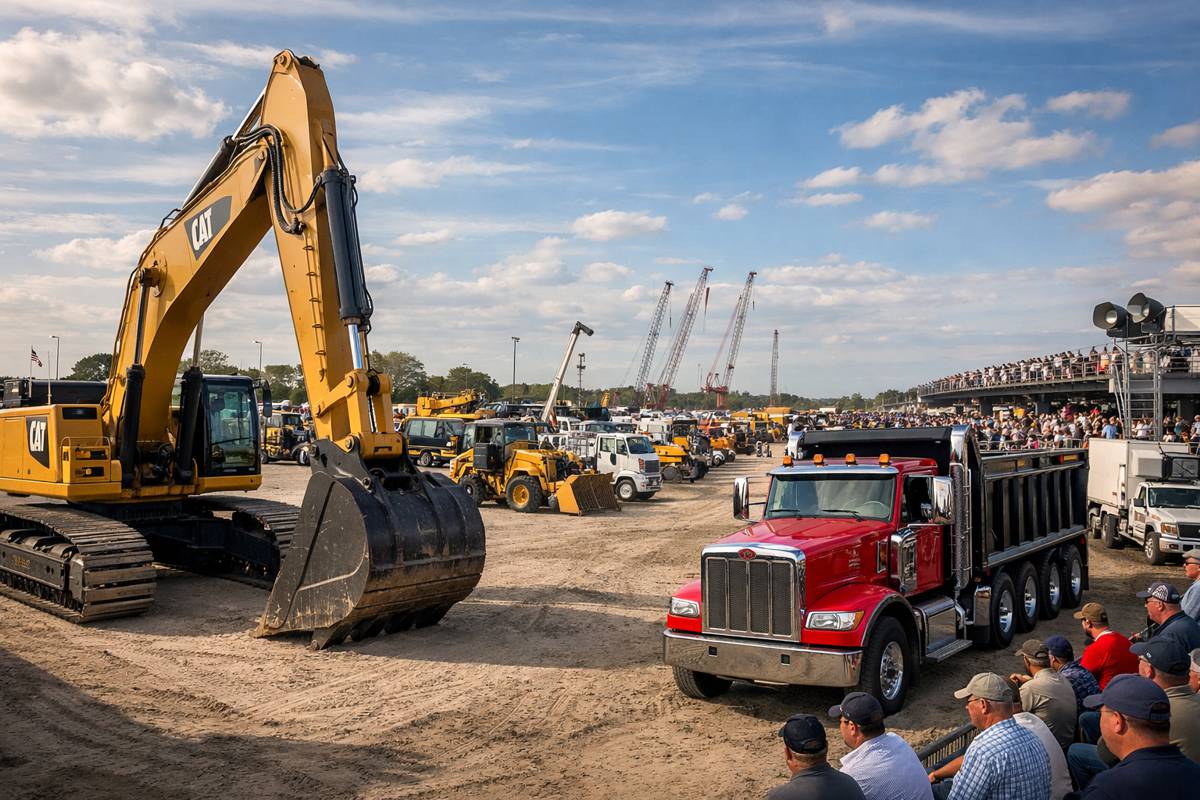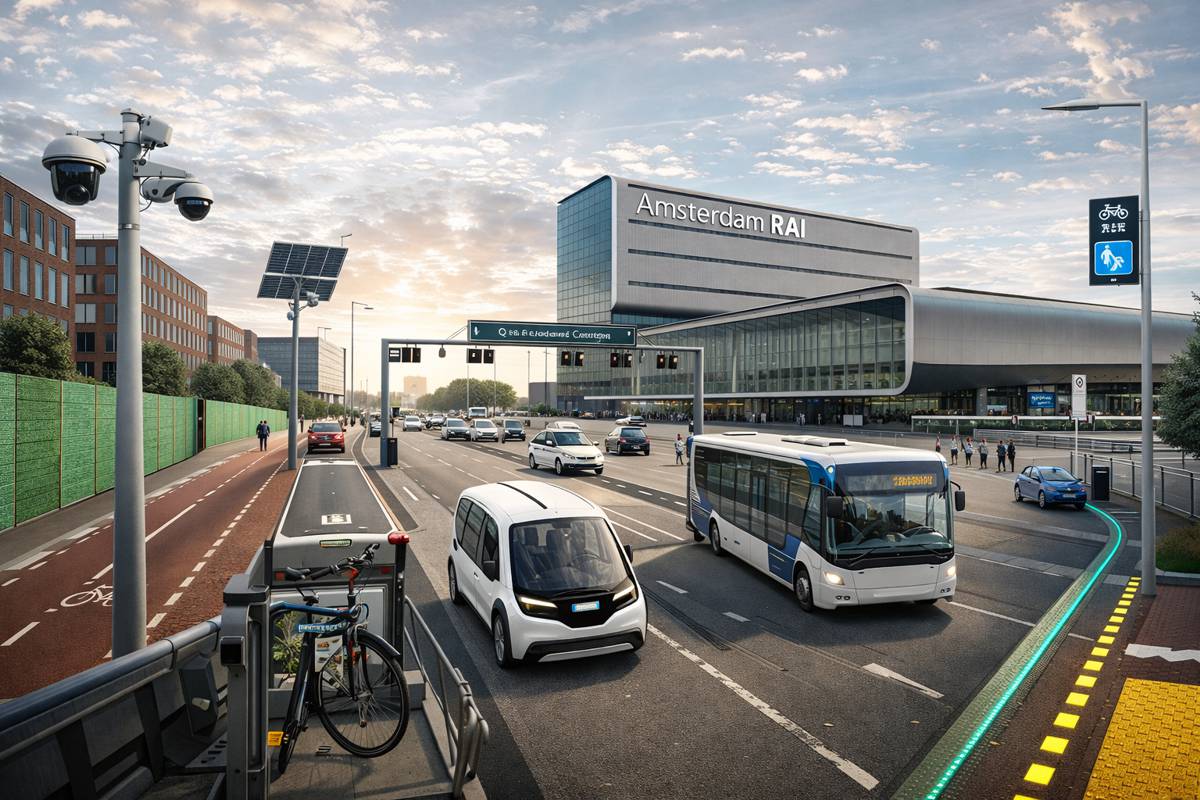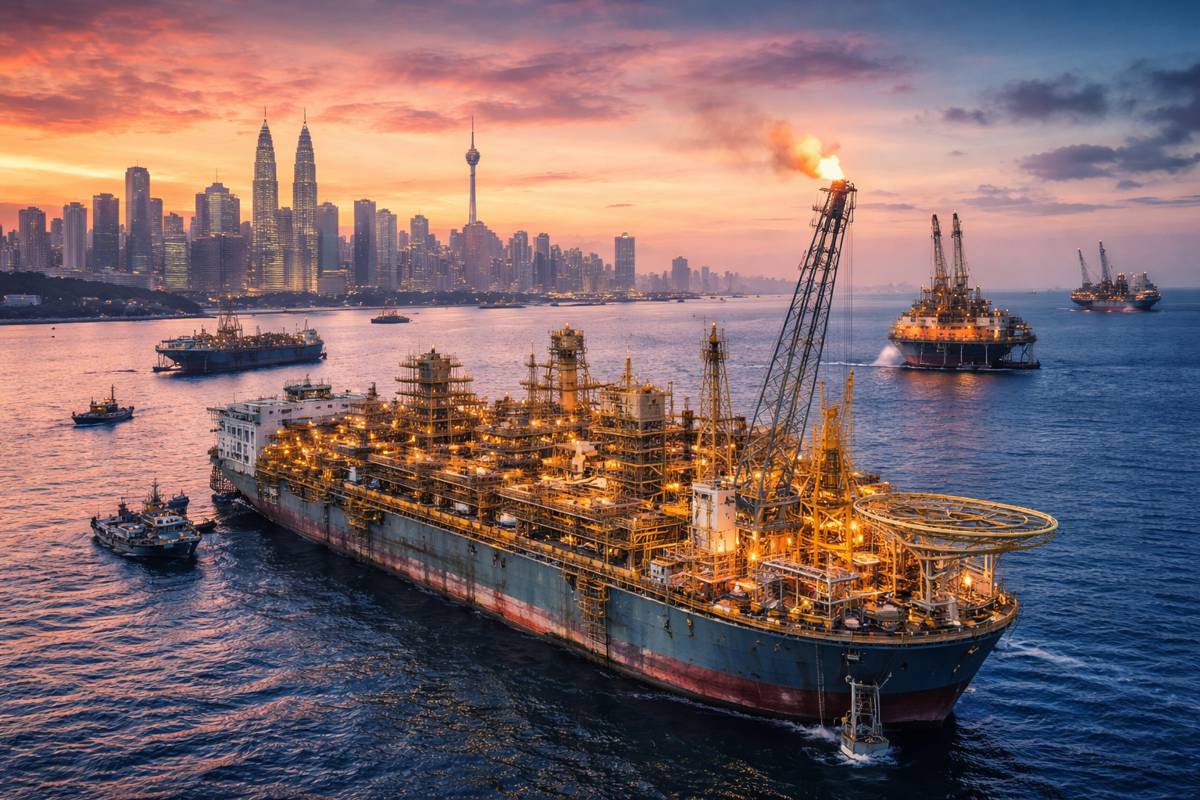Indonesia Accelerates Plans for Jakarta-Surabaya High-Speed Rail
Indonesia is taking bold steps towards expanding its high-speed rail network, with President Prabowo Subianto directing the development of a new Jakarta–Surabaya line. This project, seen as a strategic move to strengthen the nation’s transport infrastructure, will be overseen by Coordinating Minister for Infrastructure, Agus Harimurti Yudhoyono (AHY).
At a coordination meeting held on 13 August 2025 at the Coordinating Ministry for Infrastructure and Public Housing (Kemenko IPK), AHY revealed the President’s commitment to the next phase of Indonesia’s railway revolution. “The President has given us, the Coordinating Ministry for Infrastructure, a special task to oversee the development of the high-speed rail sustainability concept, so it’s not just Jakarta–Bandung, but also Surabaya,” AHY stated.
The project underscores Indonesia’s determination to expand its railway infrastructure while maintaining fiscal prudence. Unlike the earlier Jakarta-Bandung high-speed rail, which faced budgetary challenges, the Jakarta-Surabaya line will be designed to attract private investment and employ innovative financing mechanisms. The goal is clear: to ensure this megaproject will not strain the state budget.
Financing Innovation and Risk Management
Learning from the lessons of the Jakarta–Bandung line, the government is now exploring multiple financing models to make the new project both sustainable and scalable. Private sector participation will be central, supported by a forthcoming presidential regulation that will guide investment frameworks and operational oversight.
The regulation is expected to incorporate risk mitigation strategies, clearer accountability mechanisms, and provisions for public–private partnerships (PPPs). These reforms aim to encourage investors by ensuring transparency and predictable returns.
Officials are also considering a medium-speed alternative to balance cost efficiency with technological advancement. While high-speed connectivity remains the ultimate goal, a phased approach could provide greater flexibility during the early stages of construction and financing.
Boosting Indonesia’s Rail Industry Momentum
The announcement aligns perfectly with the success of Railwaytech Indonesia 2025, a major event that showcased the country’s growing ambition in rail infrastructure. The exhibition, held in Jakarta, was inaugurated by AHY and Barbara Szymanowska, the Ambassador of the Republic of Poland to Indonesia.
Railwaytech Indonesia 2025 brought together 115 exhibitors from 15 countries and attracted 14,900 visitors representing 28 nations. For three days, the event became a hub of innovation, knowledge exchange, and cross-border collaboration within Southeast Asia’s rail sector.
Attendees explored new market trends, discussed sustainability strategies, and networked with industry peers. Over 45 expert speakers delivered presentations on advanced railway technologies, automation, signalling systems, and future-ready transport models. The event highlighted Indonesia’s growing role as a key player in ASEAN’s railway transformation.
Preparing for Railwaytech Indonesia 2026
Following the success of the 2025 edition, the excitement now builds for Railwaytech Indonesia 2026 – ASEAN’s premier trade show for rail transport solutions. Hosted by the Indonesian Railway Society (MASKA) and supported by the Ministry of Transportation’s Directorate General of Railways, the exhibition will once again be organised by GEM Indonesia.
Scheduled for 28–30 July 2026 at JIExpo Kemayoran, Jakarta, Railwaytech Indonesia 2026 promises to showcase the latest technologies and innovations across every aspect of the rail ecosystem, including:
- Railway infrastructure and track systems
- Rolling stock manufacturing and maintenance
- Signalling and control systems
- Passenger services and comfort solutions
- Components, parts, and digital monitoring tools
The event will feature product launches, live demonstrations, and discussions on the evolving needs of the railway sector. Attendees will gain insights into how new technologies can enhance safety, reliability, and sustainability in rail operations across Southeast Asia.
The Indonesia Railway Conference 2026: Where Innovation Meets Strategy
Running alongside the exhibition, the Indonesia Railway Conference 2026 (IRC 2026) will convene industry leaders, policymakers, and innovators from across the region. Delegates can expect presentations from major rail operators, infrastructure developers, and technology providers discussing the future of rail transport.
IRC 2026 aims to provide actionable insights into market trends, project financing, digital transformation, and the integration of smart rail systems. It also serves as a key networking platform for forging partnerships and exploring investment opportunities.
By fostering dialogue between government agencies and private stakeholders, the conference will help shape the policies and innovations driving Indonesia’s next wave of transport modernisation.
Building an Interconnected Future
The Jakarta–Surabaya rail project represents more than just a transport link; it’s a symbol of Indonesia’s vision for a connected, efficient, and sustainable future. Stretching across the country’s most populous corridor, the line will bridge economic hubs, reduce travel time, and stimulate regional development.
Strategically, the corridor will unlock new investment zones, support logistics efficiency, and reduce dependency on road transport. Environmentally, the move towards electrified rail is in line with Indonesia’s sustainability goals and its commitment to reducing carbon emissions in transport.
With the lessons learned from the Jakarta–Bandung project, the government now has a clearer blueprint for managing complex, large-scale infrastructure developments. Through smart regulation and private collaboration, the Jakarta–Surabaya project could become a model for future railway expansion across the archipelago.
A Track Toward Progress
As Indonesia steps up its railway ambitions, the success of events like Railwaytech Indonesia underscores a growing confidence in the nation’s capacity for innovation. The synergy between government vision, industry expertise, and international collaboration points towards a future where high-speed and smart rail networks define Indonesia’s modern infrastructure landscape.
With strategic foresight, fiscal discipline, and a commitment to sustainable growth, Indonesia’s journey on the rails of progress is only just beginning.
